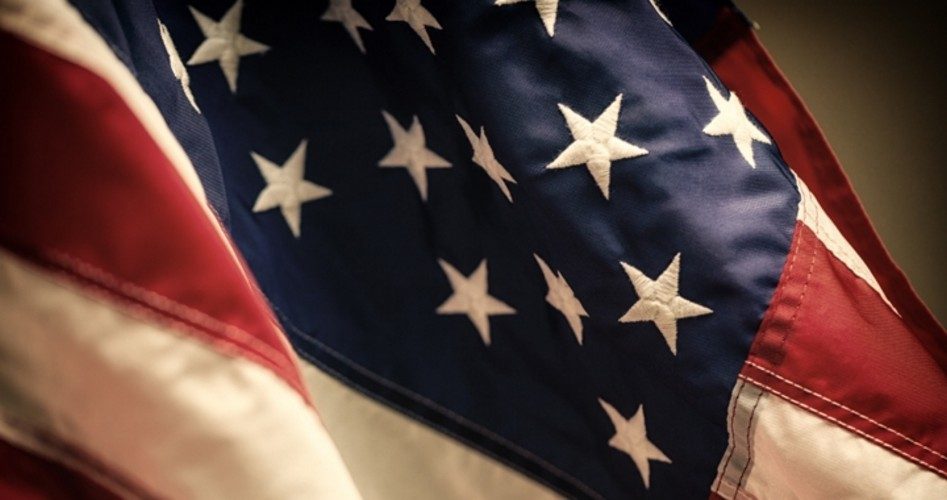
The president of the board of trustees of California’s Santa Barbara City College (SBCC) has been forced to reverse his decision to drop the Pledge of Allegiance from board meetings following public backlash over the move.
In late January Robert Miller, president of the SBCC board of trustees, wrote in an e-mail to Celeste Barber, one of the college’s adjunct professors, that he had decided to scrap the Pledge at board meetings “for reasons related to its history and symbolism.” Miller went on to claim he had “discovered that the Pledge of Allegiance has a history steeped in expressions of nativism and white nationalism” — a veiled accusation of racism.
Miller added that he also objected to the phrase “one nation under God” in the Pledge. “The First Amendment not only protects freedom of speech and religion [but] it also expressly prohibits laws that establish a religion,” Miller informed Barber. “The U.S. Supreme Court has expressly extended those rights to those who express no belief in God. Thus, I disagree with the 1955 act of Congress to add this phrase to the Pledge of Allegiance.”
In response to Miller’s e-mail, Barber appeared at a January 24 SBCC board of trustees meeting to express her opposition to Miller’s decision. During her comments, which were repeatedly disrupted by student protesters in attendance, Barber recalled that Miller had unsuccessfully attempted to drop the Pledge a year earlier, and that she continued to oppose his subsequent efforts to do so.
“You are an elected body … serving a community college,” Barber told the board members, even as the student protestors attempted to shout her down. “When you recite the Pledge of Allegiance, you are recommitting your oath to uphold and defend this country’s constitution.”
During her comments Barber offered some of her own personal reasons for respecting the flag and the Pledge, recalling the time she and her husband spent in Communist East Berlin, during which sight of the American flag and U.S. Marines guarding the American consulate gave her a sense of security and patriotic pride. She also recalled how her own father was wounded in World War II, and how he later came home to America and was able to live in freedom and raise a family.
At the conclusion of her comments, Barber invited those in attendance at the meeting to join her as she recited the Pledge of Allegiance — even as the gaggle of disrespectful student protesters continued to try to disrupt her.
Ultimately, the public stand of Barber and others on behalf of the Pledge had its desired impact, as shortly after the meeting Miller announced that he would re-instate the Pledge for the time being — while leaving open the possibility of scrapping it at a later date. “Effective immediately, the Pledge of Allegiance will be recited at Board of Trustee meetings until some future date when the matter may be considered by the Board,” announced Miller in a public statement.
Miller also took issue with the disruption caused by the student protesters who attempted to stop Barber from offering her comments and reciting the Pledge. “While the College recognizes that there are different opinions about the Pledge of Allegiance, it expects that the First Amendment rights of members of the public to comment at board meetings will be respected,” Miller said in his public statement. “It is inconsistent with those rights for other audience members to interrupt and mock speakers on this topic, as happened at the January 24 Board meeting.”
In comments to CampusReform.org, a website that monitors the academic and cultural decline at America’s universities, Barber said that her stand for the Pledge of Allegiance is reflective of the respect she and others of her generation have for her father and the men who served during World War II and the Korean conflict. “We were in awe of them,” she recalled. “They defended our country on two fronts from two formidable threats, Nazi Germany and Imperial Japan, and six years later, North Korea. Those men saved the world from a tyranny too horrifying to imagine. They stopped fascism and halted communism. Some of those fathers never returned home.”
Barber added that “if my father’s generation of young men were willing to stake their lives on this republic, how could I not recite one single sentence professing allegiance to our country?”
Photo: Marilyn Nieves/iStock/Getty Images Plus


